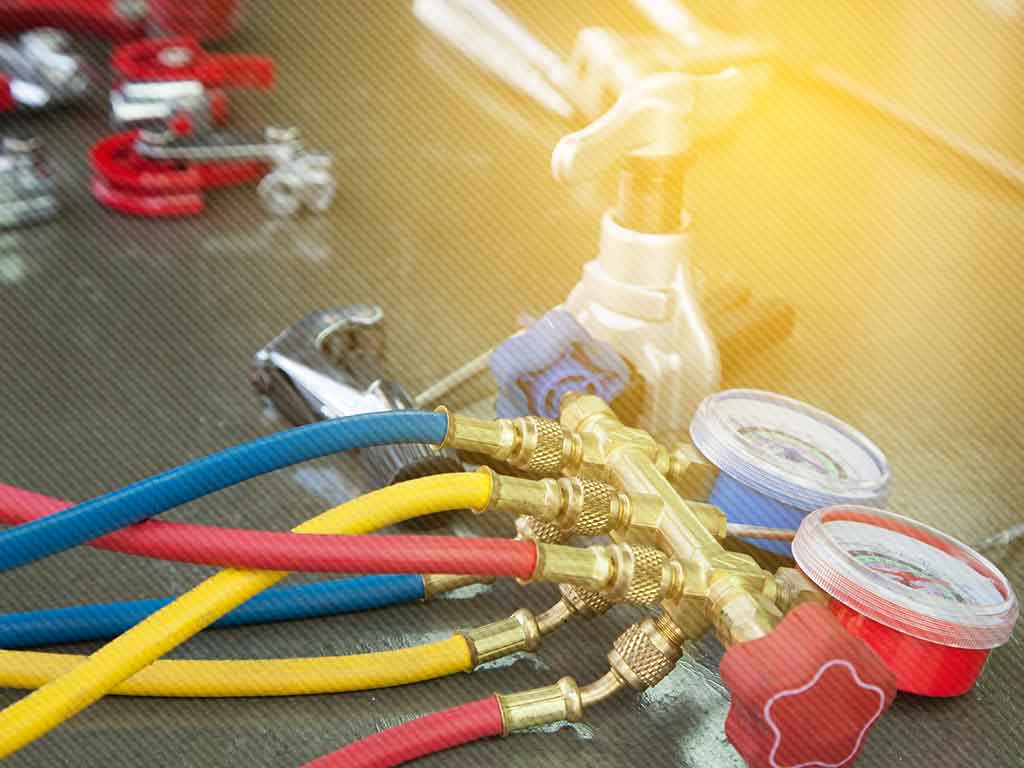
Creating a comfortable home environment is a top priority for many homeowners, and one essential element in achieving this is mastering your HVAC system. HVAC, which stands for Heating, Ventilation, and Air Conditioning, plays a crucial role in maintaining a pleasant temperature and air quality indoors. Whether it’s keeping your space warm during the chilly winter months or cool and fresh in the sweltering heat of summer, having a well-functioning HVAC system is key to ensuring your comfort year-round.
Understanding how your HVAC system works and knowing how to optimize its performance can make a significant difference in both your comfort level and energy efficiency. By mastering the ins and outs of HVAC maintenance, proper usage, and troubleshooting common issues, you can enjoy a consistently comfortable living space while also potentially saving on energy costs. In this ultimate guide, we will delve into various aspects of HVAC care and usage, providing you with the knowledge and tips you need to take control of your home’s climate and create an inviting atmosphere for you and your loved ones.
Choosing the Right HVAC System
When it comes to choosing the right HVAC system for your home, there are several factors to consider. First and foremost, it’s important to assess the size of your living space and the layout of your home. This will help determine the capacity and power requirements of the HVAC system that will best suit your needs.
Another important consideration is energy efficiency. Opting for an energy-efficient HVAC system can not only help reduce your utility bills but also minimize your carbon footprint. Look for systems with high SEER (Seasonal Energy Efficiency Ratio) ratings to ensure optimal energy performance.
Lastly, don’t forget to think about the overall cost of the HVAC system, including installation and maintenance expenses. While upfront costs are essential, it’s equally crucial to consider the long-term operating costs and potential savings that come with a high-quality, well-maintained HVAC system.
Maintaining Your HVAC System
Regular maintenance of your HVAC system is essential to ensure optimal performance and longevity. Start by changing your air filters every one to three months, depending on usage. Clean filters prevent dust and debris from clogging your system, leading to better airflow and energy efficiency. Additionally, schedule a professional tune-up at least once a year to inspect and service your HVAC components.
In addition to professional maintenance, there are tasks you can perform to keep your HVAC system running smoothly. Regularly check and clean the outdoor unit to remove any dirt, leaves, or debris that may obstruct airflow. Inspecting and cleaning the coils, fan blades, and ductwork can also help prevent inefficiencies and potential breakdowns. By staying proactive with maintenance, you can avoid costly repairs and ensure your HVAC system operates at its best.
https://industrack.com/industries/hvac-software
Lastly, consider investing in a programmable thermostat to optimize your HVAC system’s efficiency. Programming your thermostat to adjust temperatures based on your schedule can help reduce energy consumption and save on utility bills. Utilizing fan settings, zoning features, and smart technology can further enhance your comfort while maximizing your HVAC system’s performance. Remember, a well-maintained HVAC system not only keeps your home comfortable but also saves you money in the long run.
Optimizing HVAC Efficiency
The first step in optimizing HVAC efficiency is to regularly replace air filters. Dirty filters restrict airflow, making your system work harder to maintain the desired temperature. By replacing filters every 1-3 months, you can ensure maximum efficiency.
Another way to improve efficiency is by sealing any air leaks in ductwork and around windows and doors. Proper insulation helps prevent conditioned air from escaping, reducing energy waste. Sealing leaks can also improve indoor air quality by preventing dust and allergens from entering your home.
Lastly, scheduling routine HVAC maintenance can significantly increase efficiency. Professional inspections and tune-ups can identify issues early, ensuring your system runs smoothly. Regular maintenance not only improves efficiency but also extends the lifespan of your HVAC system.


